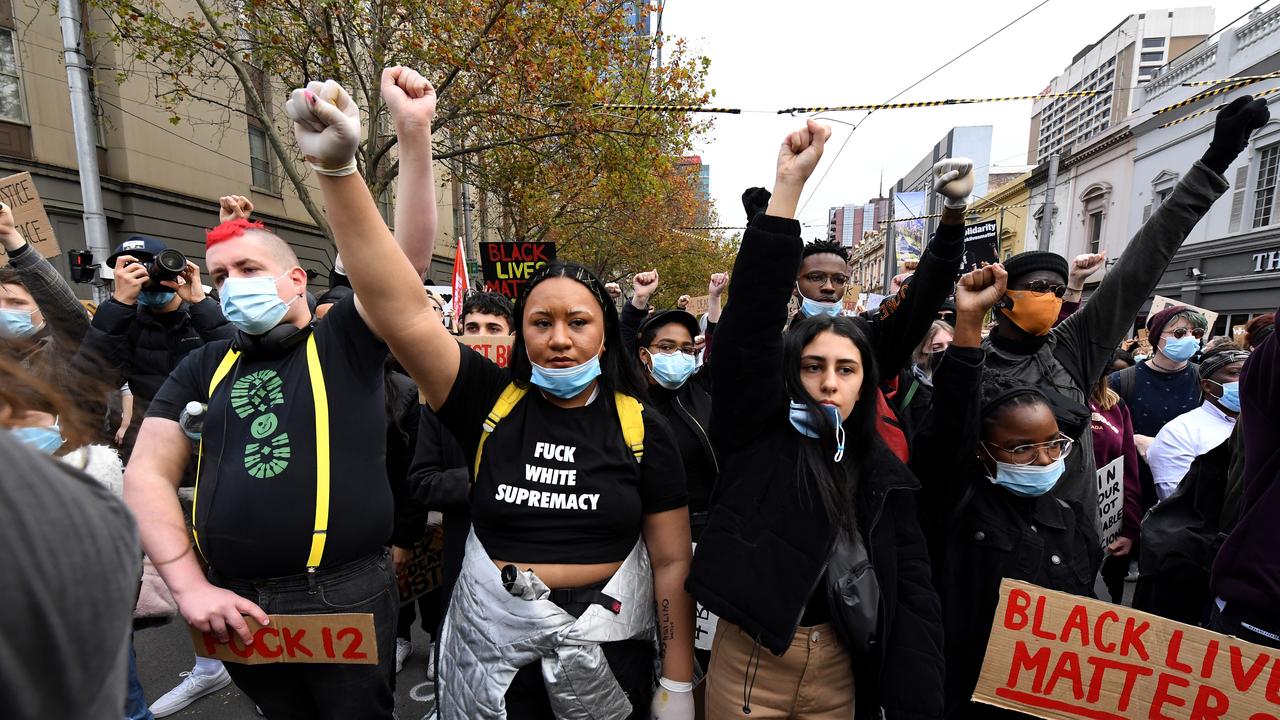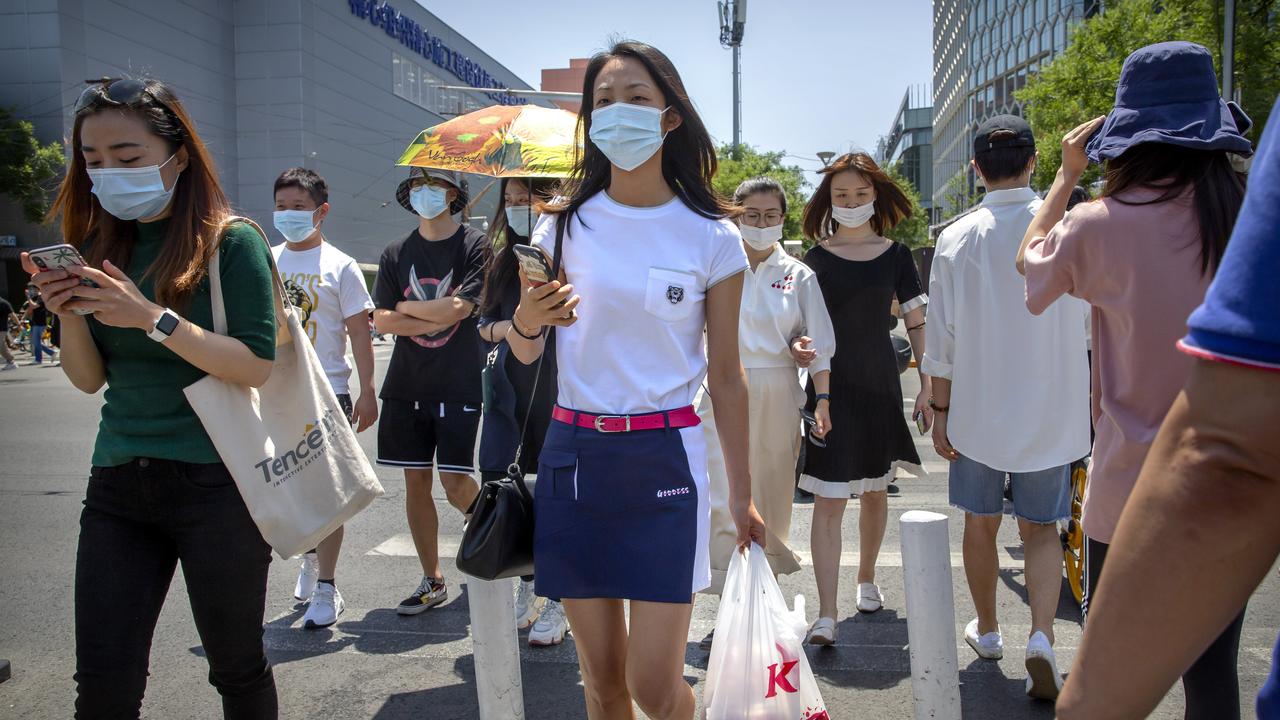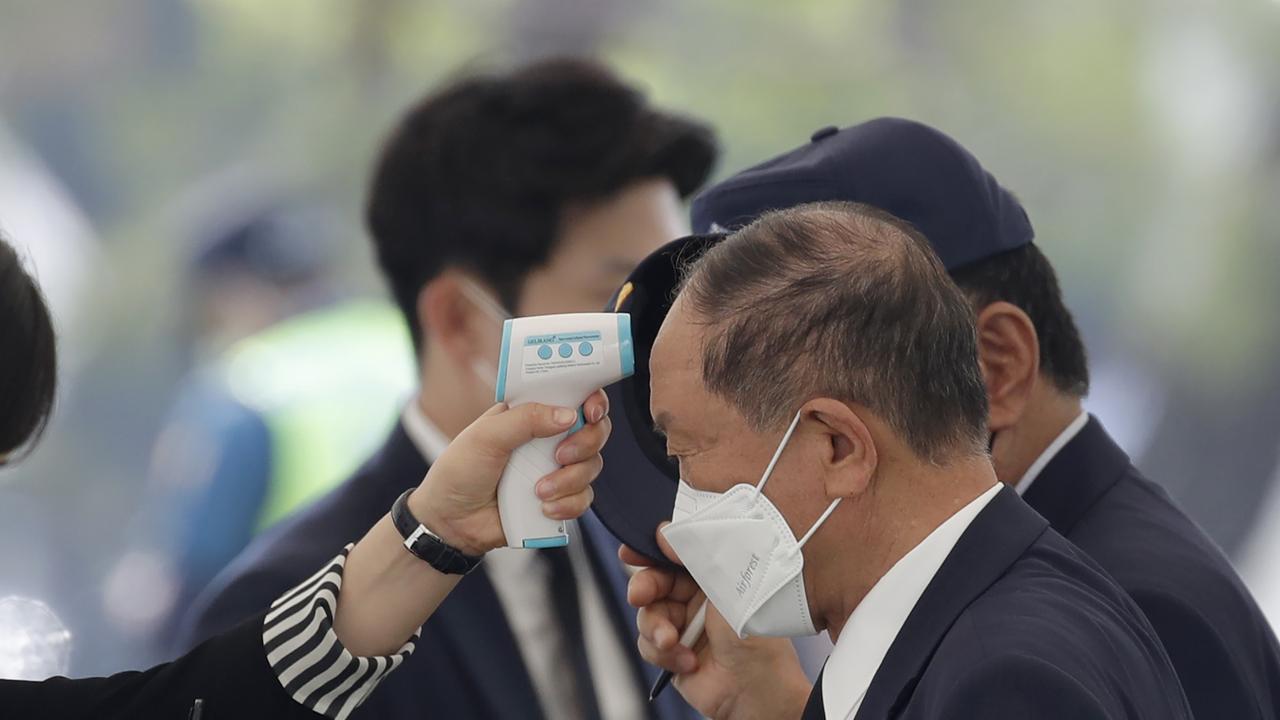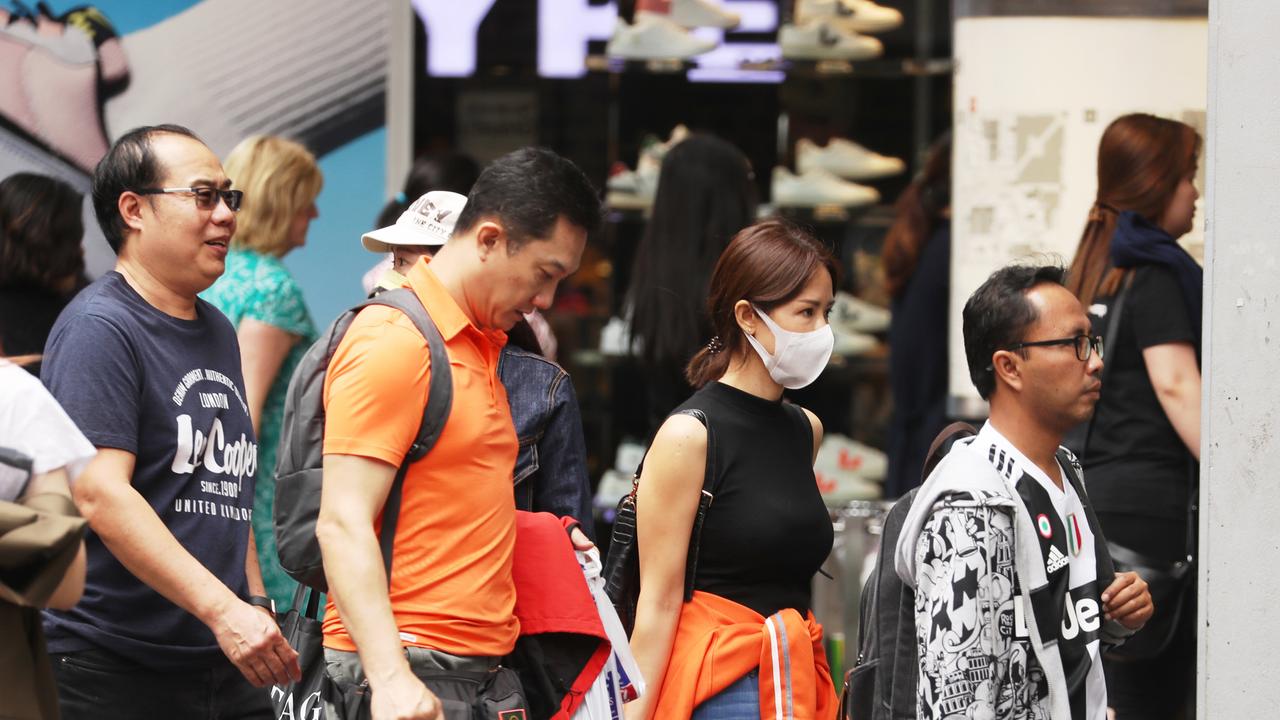Coronavirus: Asian Aussies warn Chinese tourists not to come amid racism concerns
Members of Australia’s Asian communities are speaking out, warning tourists not to come to our shores amid racism concerns.

Australia’s Asian community are adding their voices to the chorus as calls for an end to systematic racism sweep through the country.
Members of Australia’s Chinese community are warning other Asians not to come, to spare them from further racism.
The issue is timely, with systematic racism being brought back into the public spotlight following the death of African-American George Floyd in custody, sparking protests around the world.
Protests took place across Australia yesterday despite some of them being deemed unlawful, with Australia’s Indigenous peoples being the main focus.
RELATED: Follow our live coverage of the George Floyd protests
RELATED: What went wrong at Sydney protest

Bernie* had Chinese parents so he fled Malaysia in the 1970s because of the country’s hatred for the Chinese, and came to Australia. But with the arrival of COVID-19, he believes Australia is rapidly coming to resemble Malaysia from all those years ago.
“The reason my family migrated from Malaysia was because of the anti-Chinese sentiments of the Malaysian government that were being written into law at that time,” Bernie told news.com.au. “In terms of racism, the early years in the 1970s were brutal.”
But he’s noticed a “switch” in attitude since COVID-19 hit the world.
“I have seen the level of racism (in Australia) return almost to the levels I experienced in the 1970s.
“I have been openly abused in public on a number of occasions. This has included being abused on public transport and in shopping centres.”
Bernie is not the only one feeling this way.

Last month, the Australian Human Rights Commission (AHRC) reported that one in four people who lodged racial discrimination complaints in the past two months were targeted because of COVID-19.
Asians were especially targeted at the beginning of the COVID-19 outbreak, whether or not they had ever actually been to China.
In April, news.com.au reported on a shocking video that showed a gang allegedly attacking a pair of Chinese students as they were on their way home in Melbourne.
A Hong Kong student was also reported to have been punched in the face in Hobart for wearing a mask, during the early stages of the pandemic.
Australian-born Chinese Si Mei, 20, was “minding her own business” on a Sydney train when she was verbally abused by a group of girls for wearing a mask.
“The girls were sitting in the carriage up stairs yelling out racial slurs quite aggressively,” she told news.com.au.
Miss Mei was the only person travelling in the carriage that night and feared for her safety.
“They starting yelling ‘you’ve got the coronavirus’ and laughing about it. It really surprised me that they were young girls. I wasn’t expecting that.”
Australia is the only home Miss Mei has ever known.
NOWHERE TO GO

“Considering I have lived nearly my whole life here, I consider myself Australian first and foremost,” Bernie said.
“I have a far better command of the English language both spoken and written than most Australians.”
But he no longer feels like he belongs.
“I am not encouraged by the outlook for the future,” he said.
“Having been a proud Australian for so many years, the fact that I am actually considering moving back to Malaysia when I retire speaks volumes.”

The Australian government has rubbished China’s claim of increased racism against its citizens as "having no basis in fact".
On Friday the Chinese Ministry of Culture and Tourism issued a travel alert to its citizens warning them not to travel to Australia due to a "significant increase" in racist attacks on "Chinese and Asian people".
Trade and Tourism Minister Simon Birmingham rejected the claim, saying Australia was "the most successful multicultural and migrant society in the world".
"The Chinese Australian community is a significant and valued contributor to that success story," he said in a statement.
"Millions of tourists from all corners of the world demonstrate their confidence in Australia as a safe, welcoming and amazing destination by visiting each year, often returning multiple times.
"We reject China's assertions in this statement, which have no basis in fact. Our rejection of these claims, which have been falsely made by Chinese officials previously, is well known to them.”
Beijing’s statement said the alleged attacks came in the aftermath of the coronavirus pandemic.
CHINA’S REVENGE?
Some critics are unsure whether China’s announcement was motivated by concern for its own citizens, or as a way to punish Australia and cripple its tourism industry.
Tensions between Australia and China reached an all-time high last month following Australia’s push for an independent inquiry into the origin of the coronavirus.
Australia’s call to action sparked fury from Beijing, with the CCP beginning a tit-for-tat trade war.
As part of the diplomatic tiff, China announced an 80 per cent tariff on Australian barley and black-listed four major beef exporters due to labelling violations.
But Beijing denied the new announcement on Friday was a retaliation.
* Bernie did not wish for his last name to published.
Continue the conversation | alex.turner-cohen@news.com.au | @AlexTurnerCohen




